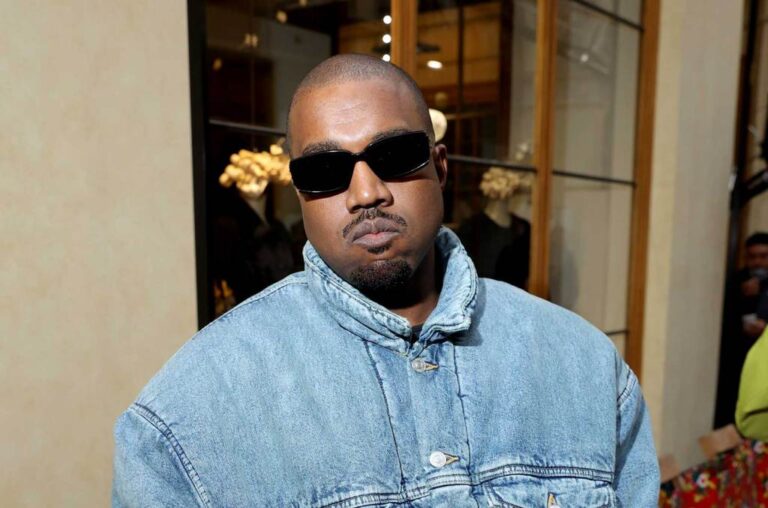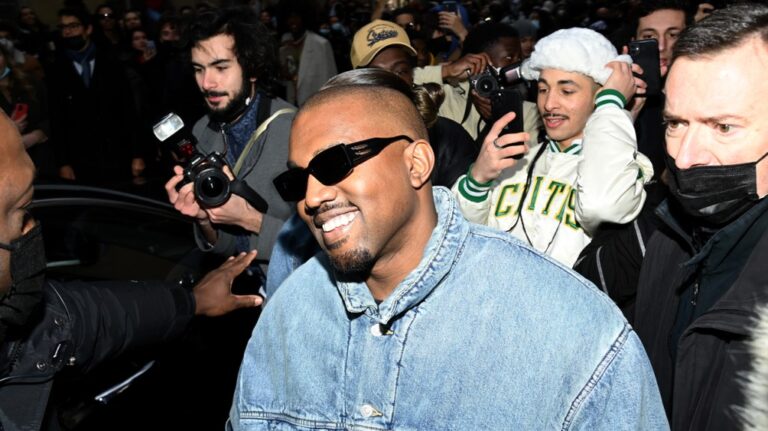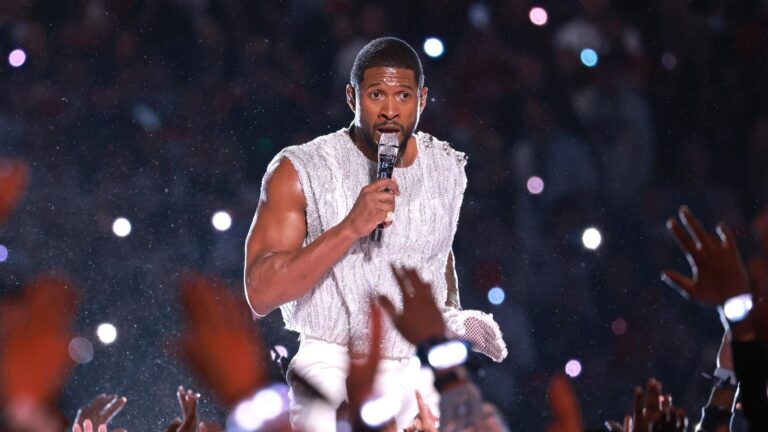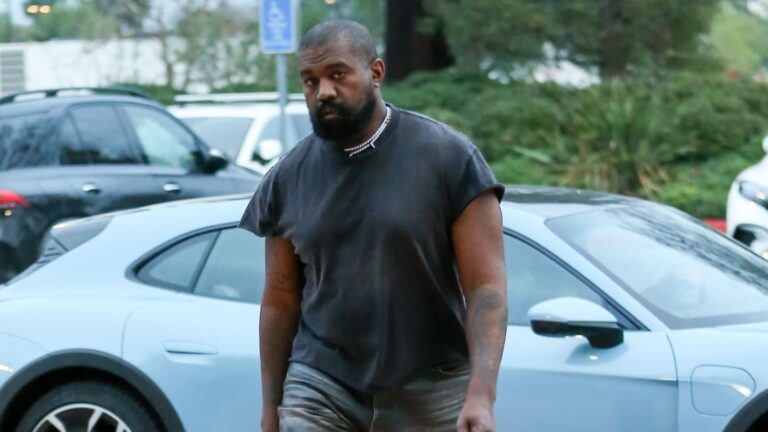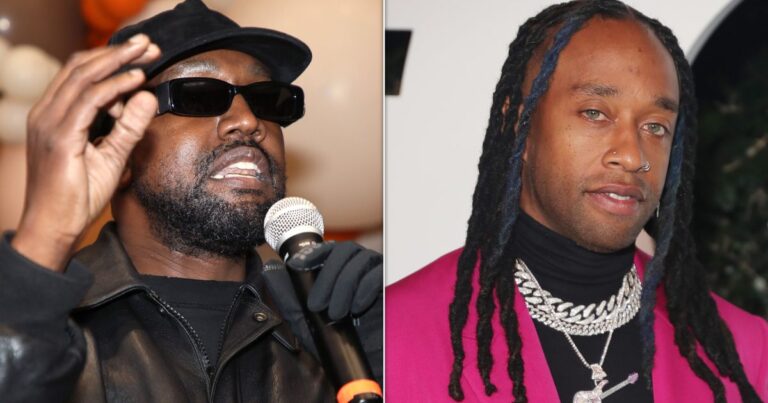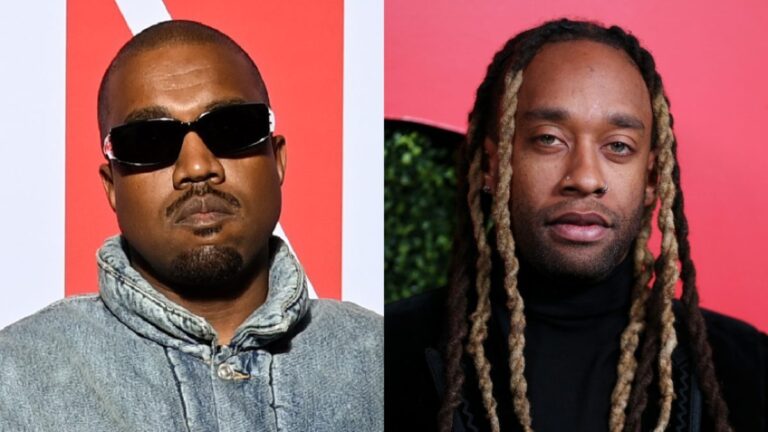Kanye West’s Unstoppable Album Takes the Music Charts by Storm, Reaching Number One
After almost three years, Kanye West (or “Ye”) has released his latest album, Vultures 1, in collaboration with Ty Dolla $ign as part of a planned trilogy. One might expect that, given the end of many commercial relationships due to his previous antisemitic statements, this album might underperform. But it has reached the number one spot in at least 100 countries on the Apple and iTunes charts, despite the fact it was independently produced and wasn’t initially available on Spotify and YouTube.
The implication here is that West has gained a level of success and fandom that cannot be erased or reversed. Kanye is, so to speak, uncancellable. He still has tens of millions of listeners and daily streams on Spotify alone. And that was before his most recent album.
Vultures 1 is already proving contentious, with its original album artwork accused of carrying Nazi connotations. On the lyrical front, Kanye raps, in reference to artists convicted and accused of sexual abuse respectively, that “I’m Ye-Kelly bitch…Now, I’m Puff Daddy rich (Ha), that’s ‘#MeToo me’ rich (Ha).” And in a nod to accusations of antisemitism, another West lyric goes: “I’m not antisemitic, I just fucked a Jewish bitch.”
While these lyrics are hardly the most shocking to have come out of the rap genre, it does point to a level of confidence that West holds concerning his status in popular culture. Indeed, because the rapper is now so famous he can withstand more shocks (and cancellation attempts) than most other artists. Take, for instance, Azealia Banks, who had a promising beginning to her music career.
She quickly attracted controversy for using homophobic slurs, lambasting trans women, endorsing Donald Trump and publishing erratic posts on social media which dented her mainstream reputation and career prospects. Ultimately, Banks was sidelined from major shows and festivals, which resulted in diminishing sales. The same, as the success of his latest album shows, cannot be said for West.
More broadly, however, Kanye’s relative success can be attributed to the death of monoculture. Before, most of the general public listened to the radio, watched the same TV stations, read the same newspapers, and consumed the same news sources. But the growth of the internet from the 2010s onwards gradually segmented this culture. Nowadays, more people are consuming news, media, and music from narrower, more niche sources. This means that a song could be a smash hit among an online community while most of the public offline would be unaware of it and may never hear it in their lives.
It’s therefore possible that those who are not chronically online or deep into social media may not really care that much, even if they are aware of his scandals, since they just see him as a gifted rapper. The fact remains that Kanye is only as “cancelled” as his next album. If his albums have at least some high-quality music in them, they will be streamed and downloaded, he’ll be talked about and thus make more money.
A true cancellation does not come from elites in the media, music, or fashion industry. Whether we like it or not, it comes from the bottom: West will only truly be “cancelled” when people stop listening to his music and the demand for it fades. Until then, Kanye isn’t going to disappear any time soon.


